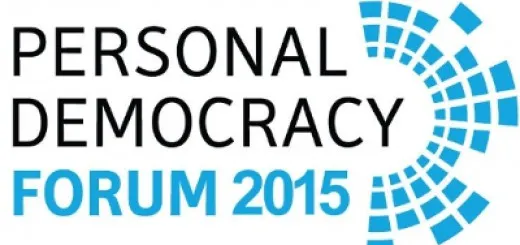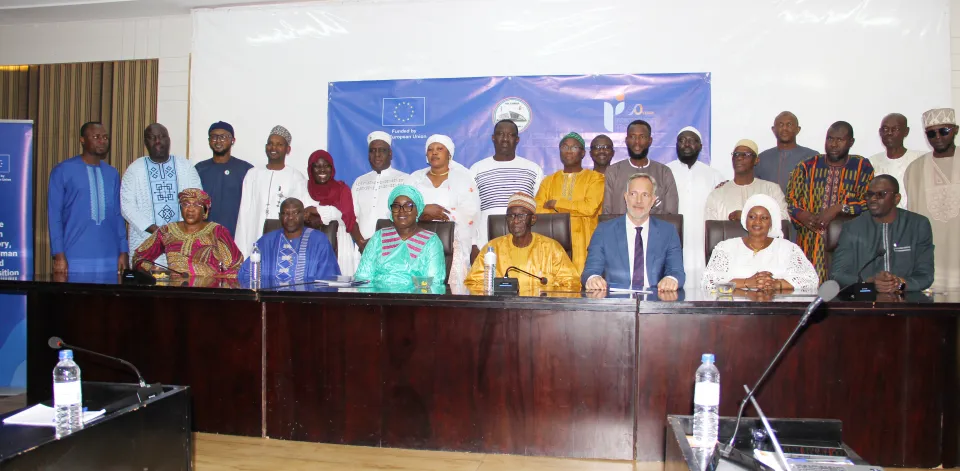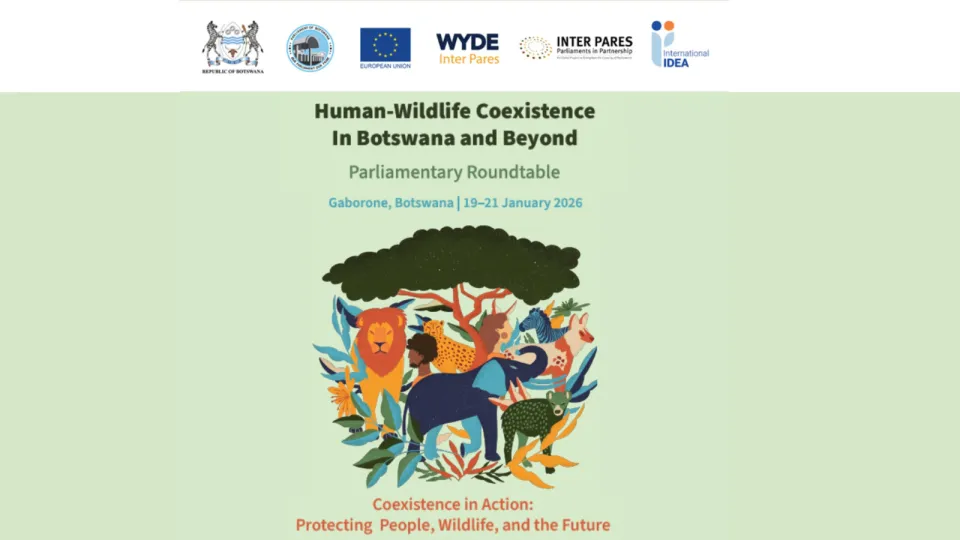
A significant amount of attention, media articles and opinions in the recent years have been dedicated to two interrelated phenomena in politics. First, there is an increasing tide of citizen-led protests around the world, especially since 2010. From Occupy and `indignados` movements to the anti-government protests in the streets of Istanbul or Ouagadougou, people are increasingly expressing and taking their political interests to the streets. They demand changes in how public services are implemented and for broader, deeper and more effective accountability of public authorities and political representatives. Why is this happening? The second phenomenon could shed some light onto the question. There is a general tendency nowadays for citizens to feel disfranchised with political parties, a feeling of distrust between the population and the political parties with the duty to represent them. For instance, since 2009 more Americans identify themselves politically as independents rather than with one of their two main political parties [1]. Reasons vary, according to the International IDEA publication, Political Parties and Citizen Movements in Europe and Asia, and one of them is technology.
More and more, technology is populating the way we act, and politics is not immune to such effects. We bank, shop, inform ourselves and even date using technology as a vehicle. On the political side, political campaigns are taking place online as much as in the streets. Obama`s campaigns in 2008 and 2012 used a considerable amount of resources on the internet, with viral videos, social media platforms and complex data analysis. David Cameron, recently re-elected as Prime Minister of the United Kingdom, announced election results and his new government on Twitter. At the same time, civil society organizations and the population in general are increasingly using different technological possibilities to fulfil their political rights. Protestors in Hong Kong used a mobile chat application that allowed them to speak even when taken off-the-grid by authorities. In Turkey, during the Gezi Park protests of 2013, the authorities blocked Twitter for several days.
With this in mind, International IDEA joined hundreds of experts on the interlinkages between technology and democracy at the Personal Democracy Forum, in New York’s University Skirball Center on 4-5 June 2015. The Forum sought to discuss, and understand how technology is changing politics and also how politics are influencing the development of technology and its importance in the public sphere. The forum touched upon several crosscutting issues around politics and technology, such as the importance of open knowledge, net neutrality, use of technology by social movements, the role of digital democracy and the prospects of having one or how political parties are being and will be transformed by technology
A wide range of topics were covered at the #PDF2015, as well as a number of conclusions were made on the relationship between democracy and technology.. Firstly, technology needs to be built with, and not for. The application of technology to politics and civic issues has predominantly focused on building solutions without involving since conceptualization and inception those that will be using the technology. Only building with those that will use technology this can become effective into transforming democracy.
Secondly, technology has already demonstrated that there are possibilities to improve democracy and society. Successes have been witnessed in countries like Argentina, Spain, United States, Iceland or Estonia where different uses of technology to communicate, improve service delivery, strengthen the role of political parties or held governments accountable are available. All these examples confirm that there is usually no need to create new technologies for each problem, but rather know the context and adapt it to the reality of the problem, the country and the political system.
Thirdly, big data have been heralded as the solution to most problems, or the catalyst of future society interactions. Yet, most data remain either concealed or inaccessible for most of the population. Providing data from authorities to the population, and also between authorities is only the first step towards a more democratic society. The long-term path of opening up society through the use of data leads towards a more comprehensive sharing and transparent data culture at the civil, political and government level, in which information is easily available, understandable and updated. Transparency is just the first step towards democratic accountability.
Lastly, technology cannot ignore politics, the same way politics cannot possibly ignore technological development. By understanding the reality of politics, and considering the importance of creating a vehicle for change and improvement out of the use of technology, both fields will be able to work together towards more democratic societies.



